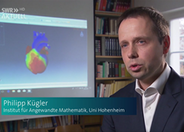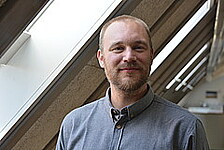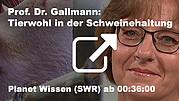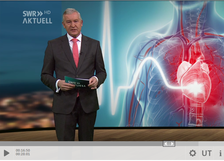Prof. Thomas A. Kufer in interview
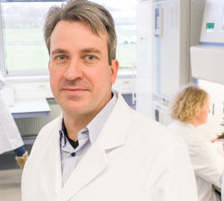
How viruses like SARS-CoV-2 affect our immune system
Be part of it - smoke free

If the need for cigarettes and food compete for little financial means, health problems add up, says Prof. Dr. Ströbele-Benschop.
Agricultural markets under pressure: What are the consequences of the COVID crisis?

Agricultural economists Prof. Dr. Sebastian Hess investigates the consequences of the pandemic for markets.

Prof. Dr. Christine Wieck analyses whether and how the EU agricultural policy should intervene.
Virtual city allows predictions on the effectiveness of Corona measures
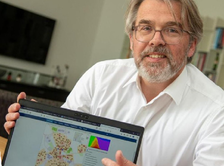
Scientists of the University of Hohenheim lead by Andreas Pyka develop online model and Policy Lab.
The trend goes veggie
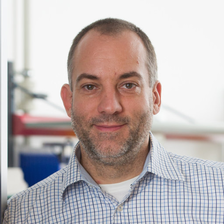
Prof. Jan Frank in Interview with Stuttgarter Zeitung, 29.05.2019
Prof. Philipp Kügler about math for healthy hearts
SWR3 Aktuell informs about research at the Hohenheim Institute of Mathematics, starts min 16:47
